What does 2024 hold for the emerging Europe region? We’ve put together a handy primer.
While 2024 is unquestionably a year of immense potential for Central and Eastern Europe (CEE), it remains to be seen if the region will be able to fully grasp the opportunities with which it has been presented.
From Russia’s war on Ukraine to key regional (and global) elections, much will depend on the region’s ability to adjust to several significant trends that are set to shape its socio-economic landscape.
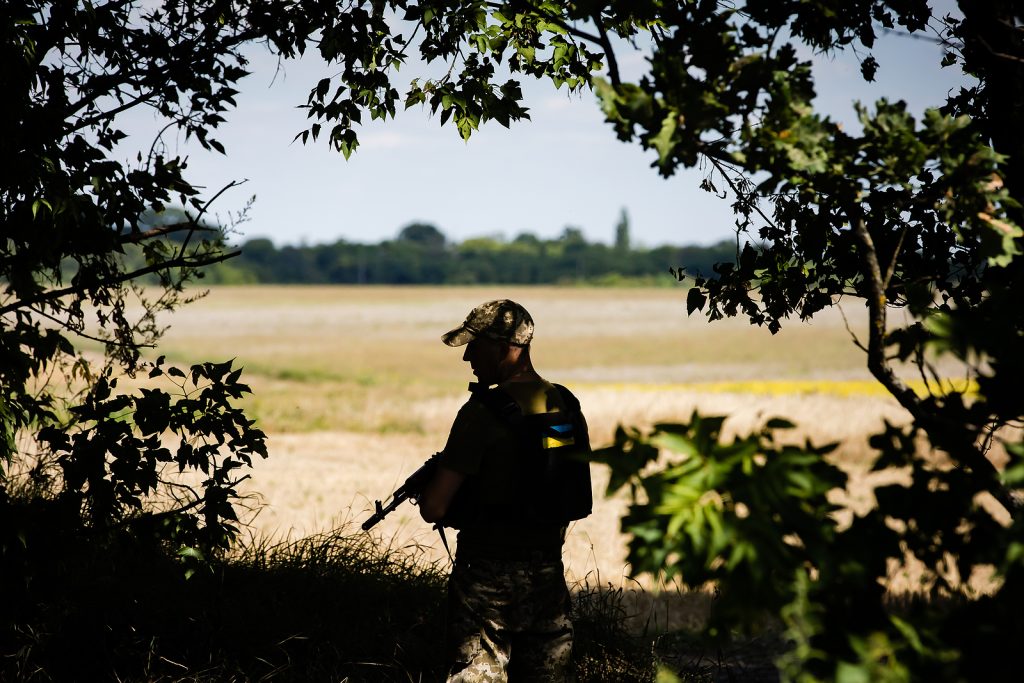
A Ukrainian soldier holds the line near Kharkiv. Will Kyiv be given the support it needs to make a decisive breakthrough in 2024?
Politics
The direction of travel in Ukraine is arguably moving in Russia’s favour. Unable to make a decisive breakthrough with its much-heralded counteroffensive in the summer and autumn of 2023, Ukraine has in recent months had to fight two wars: against renewed, sporadic Russian attacks at home and against fading support from some key international allies.
There are signs that the war is heading for a stalemate, which carries the danger of Kyiv being pressured into negotiating a rotten peace deal. The failure is not Ukraine’s—from the very beginning of the war it has been provided with enough arms and ammunition merely to defend itself (and at times event that support has been wanting) and never enough to go on the all-out offensive.
The arrival of the US Ground-Launched Small-Diameter Bomb (GLSDB) in early 2024 should replenish Ukraine’s arsenal of longer-range missiles, while it will also, finally, receive F-16 jets at some stage in 2024. These alone, however, may not be enough to turn the tide of the war decisively in Ukraine’s favour. It will need more support. It’s time for Kyiv’s allies—notably the US and EU—to decide once and for all if they truly want a Ukrainian victory.
Poland’s new prime minister, Donald Tusk, has big plans for 2024. After eight years of government by the Law and Justice party (PiS), which often brought Warsaw into direct conflict with Brussels, Tusk—a former president of the European Council—wants to place Poland firmly at the heart of Europe.
After a great deal of often empty talk in recent years about Europe’s shifting centre of gravity (especially since Russia invaded Ukraine in 2022), the east of the continent now has a leader who wants to make such a significant shift a reality.
No fewer than 10 countries in the emerging Europe region will head to the polls in 2024, while the region’s 11 EU members will also vote in European Parliamentary elections. Should the outcome of the European elections (which will take place in May) embolden the bloc’s Russia-friendly populists, it could further impact support for Ukraine.
Populist parties—if elected in sufficient numbers—will attempt to place extremists on the new European Commission, potentially threatening the current EU consensus. Equally important for Ukraine (and the region as a whole) will be the vital presidential election in the United States, where a victory for Donald Trump is likely to be bad news for emerging Europe, given his campaign promises to disengage from Europe and from NATO.
Croatia, Georgia, Lithuania, Moldova, North Macedonia and Romania will all be voting in both parliamentary and presidential elections; Slovaks will choose a new president; Bosnians and Poles vote in local elections. Belarus, an authoritarian regime, will—for what’s worth—elect a new parliament.
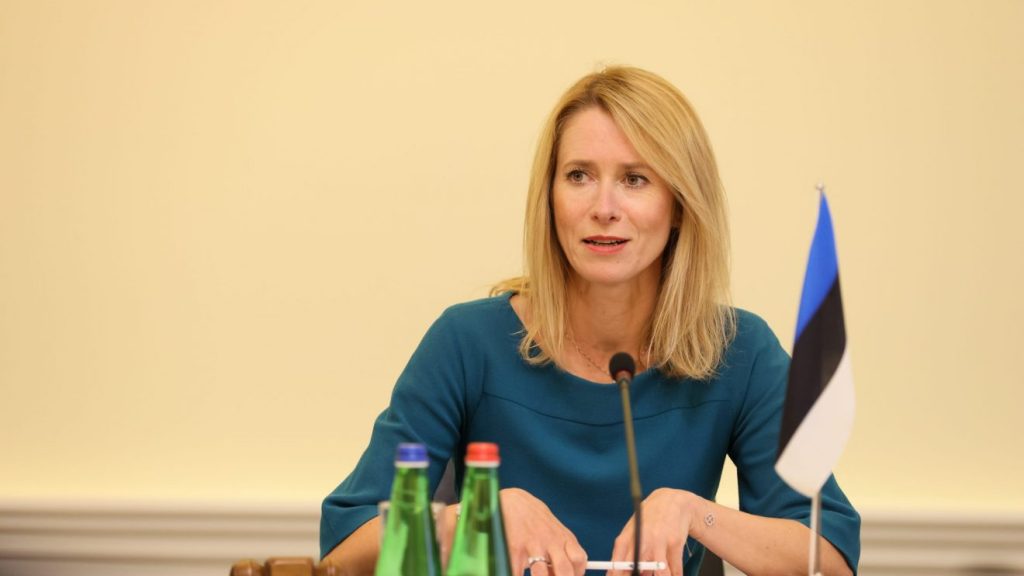
Will Estonian PM Kaja Kallas be NATO’s next secretary-general?
Security
An election of a different kind, made in a committee room behind closed doors, is likely to decide the name of the new NATO secretary-general at some stage in 2024. Incumbent Jens Stoltenberg will finally step down as the alliance’s boss in September (having twice seen his time in office extended as a result of Russia’s invasion of Ukraine) and his successor will need to be chosen several months in advance.
Among the frontrunners is Estonia’s prime minister, Kaja Kallas. NATO is thought to want its next secretary-general to come from a newer, eastern member state, to be tough on Russia, and preferably female. Kallas fits the bill, as does another Estonian, former president Kersti Kaljulaid.
In an interview in November, however, Kallas played down her chances, joking that while the next NATO boss should indeed be female and from a frontline member state that spends the requisite two per cent of GDP on defence, NATO will probably offer the job to Dutch PM Mark Rutte.
(In not unrelated news, the current NATO number two, Mircea Geoană, is the favourite to win Romania’s presidential election in November, although he has yet to officially declare his candidacy).
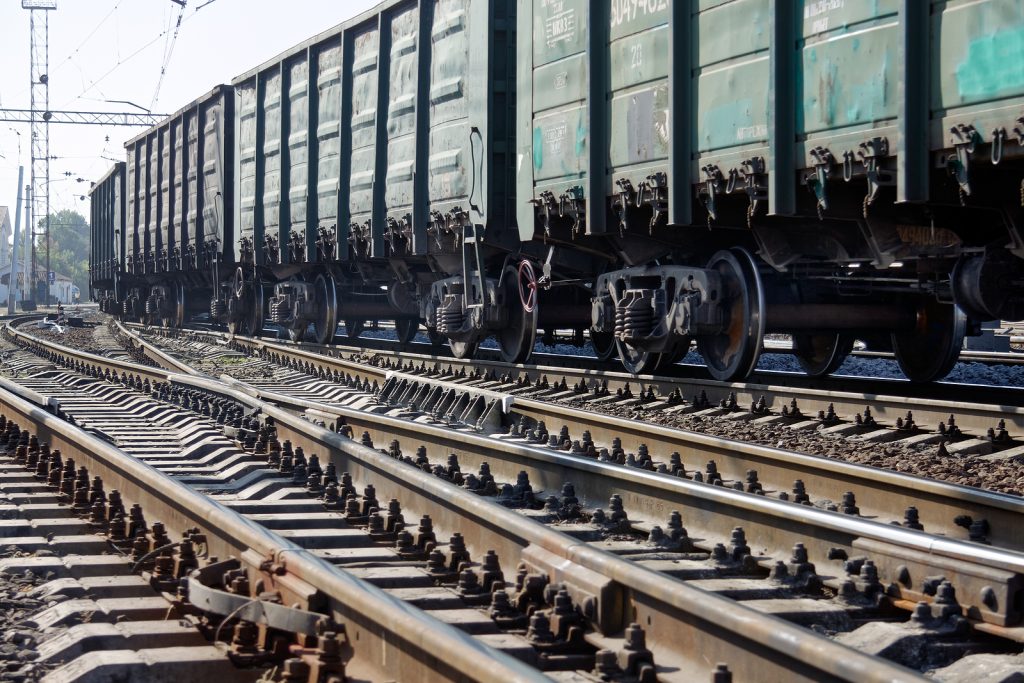
The region must address gauge incompatibility issues on the Poland-Ukraine border to boost trade
Economy & Business
Emerging Europe is likely to speed up its digital transformation in 2023, emboldened by the EU Chips Act, which has already reaped dividends for Poland, set to host two enormous semiconductor plants, and the new AI Act.
This transformation includes the continued adoption of new technologies in traditional industries, the growth of e-commerce, and the expansion of the IT sector, which has been a significant growth area for countries such as Estonia, Lithuania, Poland, Romania, and—despite the war—Ukraine.
Energy security will meanwhile remain a top priority for CEE countries, especially in light of the Ukraine conflict and the challenges of meeting the targets set by the EU’s Green Deal. The region will likely accelerate its transition towards renewable energy sources and seek to diversify its energy imports to reduce dependence on Russian gas.
The region will also continue to face demographic challenges, including aging populations and emigration. In response, expect more countries to follow Romania’s lead and implement policies to attract migrants, encourage higher birth rates, or incentivise citizens working abroad to return home.
With the help of EU funds—both for current and would-be members—CEE countries will spend heavily in 2024 on infrastructure, including transportation networks and digital infrastructure, to better integrate the region and stimulate economic growth. Priority should be given to perhaps the biggest current issue face the region’s connectivity, the problem of different railway gauges on the Poland Ukraine border.
Enhanced regional cooperation is likely to be a trend as CEE countries work together to address common challenges such as border security, energy independence, and economic development. Initiatives like the Three Seas Initiative may gain more prominence as platforms for collaboration, particularly in light of the waning influence of China’s Belt and Road Initiative and the 17+1 format.
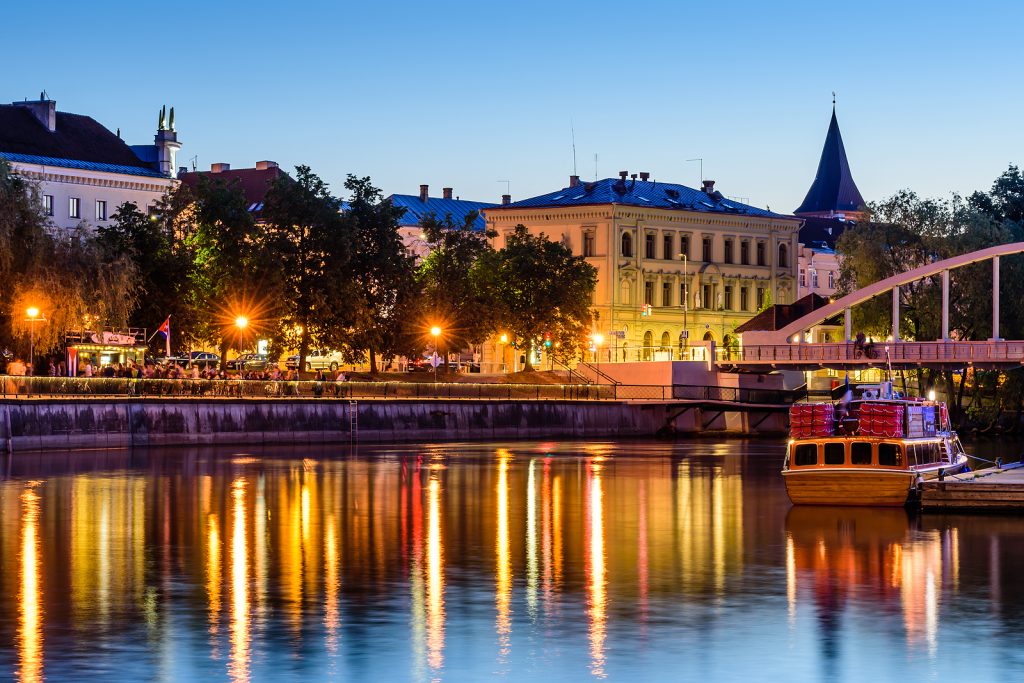
Tartu will be a European Capital of Culture in 2024
Culture & Sport
Tartu in Estonia will be one of three European Capitals of Culture in 2024 (the others are Bad Ischl in Austria and Bodø in Norway). The event’s organisers have promised to take the opportunity to promote not just in Tartu (Estonia’s second largest city) but the whole of southern Estonia, making it a truly regional celebration of culture. The official opening ceremony takes place on January 26.
The Eurovision Song Contest (this year set to be held in Sweden) will once again take place without several countries from emerging Europe. Bosnia and Herzegovina, Bulgaria, Montenegro, North Macedonia, and Slovakia have all confirmed that they will not be participating, citing the rising costs of doing so. Belarus will also be absent, due to sanctions, while Hungary—absent since 2020—is highly unlikely to re-enter the competition this year.
Hungary will, however, be at Euro 2024, the European football championships, hosted by Germany in June and July. Indeed, its dynamic young team might be a decent each-way bet. Other countries from the region taking part in the 24-team tournament include Albania, Croatia, Czechia, Romania, Serbia, Slovakia, and Slovenia (playing in a major international tournament for the first since the 2010 World Cup).
The line-up may also include Bosnia and Herzegovina, Estonia, Georgia, Kosovo, Poland, and Ukraine, who all face a series of play-offs to decide the final four qualifiers in March.
Finally, the region will also host several major sporting events in 2024.
Serbia is the venue for the World Athletics Cross-Country Championships in March, while in May, Czechia will host the World Ice Hockey Championships, with matches set to be played in the Prague and Ostrava. Also in May, Hungary’s capital Budapest hosts the Rhythmic Gymnastics European Championships, as well as its legendary F1 Grand Prix in July.
Then, in December, the world’s best swimmers will be in Budapest for the World Short Course Swimming Championships.
Unlike many news and information platforms, Emerging Europe is free to read, and always will be. There is no paywall here. We are independent, not affiliated with nor representing any political party or business organisation. We want the very best for emerging Europe, nothing more, nothing less. Your support will help us continue to spread the word about this amazing region.
You can contribute here. Thank you.


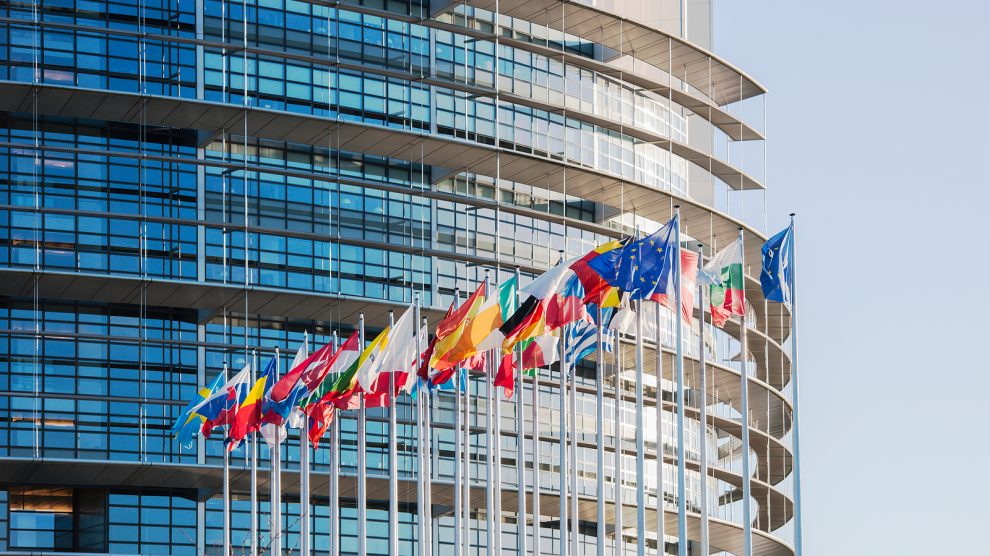




Add Comment